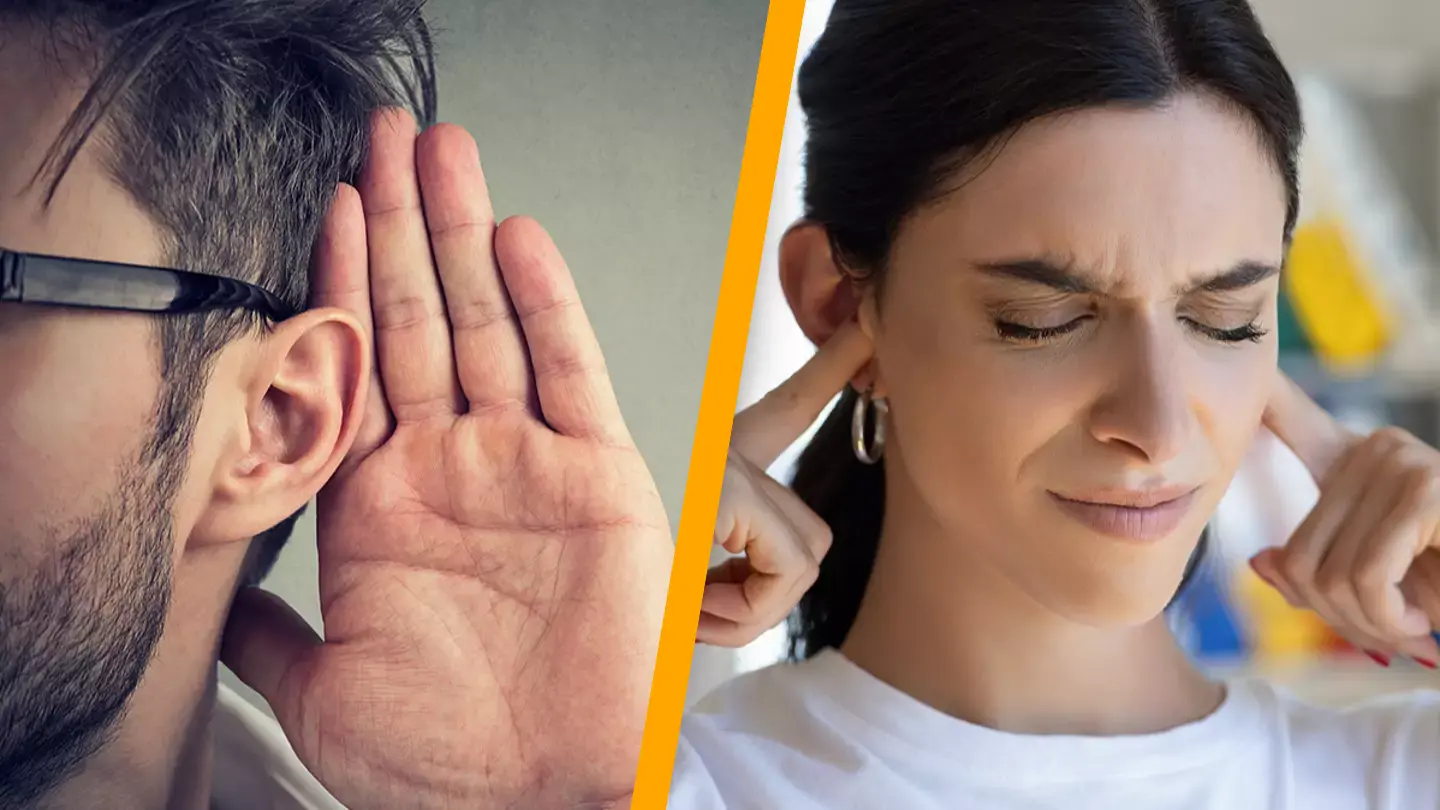A significant development has been made that could offer insights for individuals affected by schizophrenia.
Before delving into the research findings, it’s important to understand what schizophrenia entails.

The Cleveland Clinic states: “Schizophrenia involves a disconnection from reality, including hallucinations and delusions. It also affects your ability to recognize your symptoms. It’s a severe condition, but it’s treatable.”
Schizophrenia does not have a single cause. It can arise due to various factors, primarily imbalances in brain chemical signals, developmental issues before birth, and a loss of connections among different brain regions.
Having established a basic understanding of this mental health disorder, let’s examine the recent study.
This research was published in the PLOS (Public Library of Science) Biology journal under the title ‘Impaired motor-to-sensory transformation mediates auditory hallucinations’.
A group of Chinese researchers, including Fuyin Yang, Hao Zhu, Xinyi Cao, Hui Li, Xinyu Fang, Lingfang Yu, Siqi Li, Zenan Wu, Chunbo Li, Chen Zhang, and Xing Tian, have put forth a theory to explain auditory hallucinations in individuals with schizophrenia.

The study, conducted by students at New York University’s Shanghai campus, suggests that the process of hearing these internal sounds is not fundamentally different from perceiving external sounds.
Researchers conducted the study by observing 40 individuals with schizophrenia using electroencephalogram monitors.
Of these participants, 20 experienced auditory hallucinations, while the other half did not, allowing the researchers to compare brain activity between the two groups.
The study’s abstract noted: “Distinguishing reality from hallucinations requires efficient monitoring of agency. It has been hypothesized that a copy of motor signals, termed efference copy (EC) or corollary discharge (CD), suppresses sensory responses to yield a sense of agency; impairment of the inhibitory function leads to hallucinations.
“However, how can the sole absence of inhibition yield positive symptoms of hallucinations? We hypothesize that selective impairments in functionally distinct signals of CD and EC during motor-to-sensory transformation cause the positive symptoms of hallucinations.”

The researchers found that participants who experienced auditory hallucinations did not engage the ‘corollary discharge’ signal, which typically quiets internal thoughts to allow for the perception of one’s own spoken words.
When asked to speak out loud, those experiencing auditory hallucinations also exhibited heightened activity in the motor signal ‘efference copy’, which coordinates speech-related motor functions in the brain.
As reported by EurekAlert!, the authors concluded: “People who suffer from auditory hallucinations can ‘hear’ sounds without external stimuli.
“A new study suggests that impaired functional connections between motor and auditory systems in the brain mediate the loss of ability to distinguish fancy from reality.”

